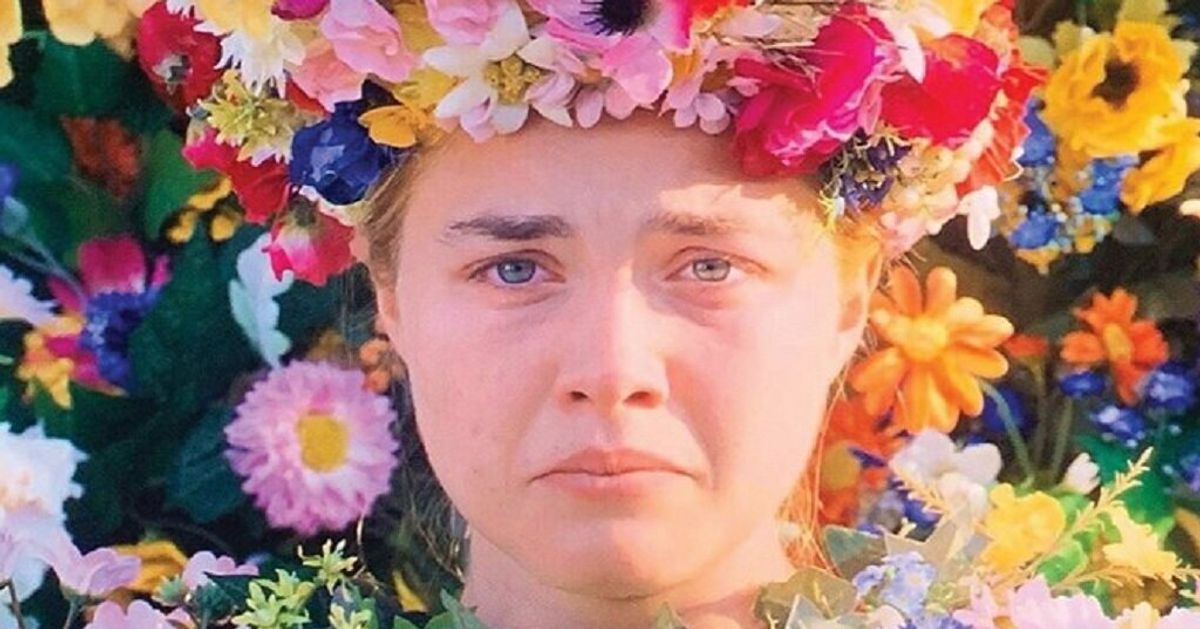Grief is among the most punishing emotions. That may be why mainstream films handle it so poorly. But horror? Horror filmmakers don’t shy away from what hurts, which may be why grief is such a ripe subject for the genre.
Filmmaker and author Samantha Kolesnik joins us to discuss some of the best grief-stricken films in horror.
6. The Nightingale (2018)
A mother’s grief is something many filmmakers see as the pinnacle in pain, the one emotion almost unimaginable in scope and depth and anguish. That’s why brilliant filmmaker Jennifer Kent begins here, using this one moment of ultimate agony to punctuate an almost unwatchable scene of brutality, to tell a tale not of this mother and her grief, but of a nation—a world—crippled by the brutality and grief of a ruling white male culture.
What happens to Clare (Aisling Franciosi) at the hands of Leftenant Hawkins (Sam Claflin), the British officer to whom she is in service, is as brutal and horrifying as anything you’re likely to see onscreen. It’s the catalyst for a revenge picture, but The Nightingale is far more than just that.
Kent’s fury fuels her film, but does not overtake it. She never stoops to sentimentality or sloppy caricature. She doesn’t need to. Her clear-eyed take on this especially ugly slice of history finds more power in authenticity than in drama.
5. A Dark Song (2016)
Writer/director Liam Gavin also begins his story by dropping us breathless and drowning in a mother’s grief. Sophia (Catherine Walker) will do anything at all just to hear her 6-year-old son’s voice again. She will readily commit to whatever pain, discomfort or horror required of her by the occultist (Steve Oram) who will perform the ritual to make it happen.
Anything except the forgiveness ritual.
What Gavin and his small but committed cast create is a shattering but wonderful character study. Walker never stoops to sentimentality, which is likely what makes the climax of the film so heartbreaking and wonderful.
4. Don’t Look Now (1973)
Perhaps what makes Nicolas Roeg’s 1973 horror the most perfect pick for this list is that the film, which deals exclusively in grief, is most interested in how it impacts a father.
Donald Sutherland and Julie Christie deliver unerring authenticity as the parents trying to recover from the death of their daughter. Roeg plays with imagery and timelines to induce an almost tear-stained blurriness on the events as they transpire.
The heartbreak in the film lies in the guilt, fear of culpability, and inability to change what has happened or what will happen. Though the film’s twist may have been what made a splash in 1973, it’s the honesty in depicting grief that’s helped it remain relevant for nearly 50 years.
3. Hereditary (2018)
Grief and guilt color every somber, shadowy frame of writer/director Ari Aster’s unbelievably assured feature film debut, Hereditary.
With just a handful of mannerisms, one melodic clucking noise, and a few seemingly throwaway lines, Aster and his magnificent cast quickly establish what will become nuanced, layered human characters, all of them scarred and battered by family.
Art and life imitate each other to macabre degrees while family members strain to behave in the manner that feels human, seems connected, or might be normal. What is said and what stays hidden, what’s festering in the attic and in the unspoken tensions within the family, it’s all part of a horrific atmosphere meticulously crafted to unnerve you.
2. Midsommar (2019)
In Midsommar, we are as desperate to claw our way out of this soul-crushing grief as Dani (Florence Pugh). Mainly to avoid being alone, Dani insinuates herself into her anthropology student boyfriend Christian’s (Jack Reynor) trip to rural Sweden with his buds.
Little does she know they are all headed straight for a modern riff on The Wicker Man.
Like a Bergman inspired homage to bad breakups, this terror is deeply-rooted in the psyche, always taking less care to scare you than to keep you unsettled and on edge.
1.Antichrist (2009)
Lars von Trier’s foray into horror follows a couple down a deep and dark rabbit hole of grief. Von Trier’s films have often fixated on punishing viewers and female protagonists alike, but in this film the nameless woman (played fearlessly by Charlotte Gainsbourg) wields most of the punishment – whether upon her mate (Willem Dafoe) or herself.
Consumed by grief, a mother allows her husband—also grieving—to become her psychotherapist as they retreat to their isolated cabin deep in the woods where they will try to overcome the horror of losing their only child.
They won’t succeed.
